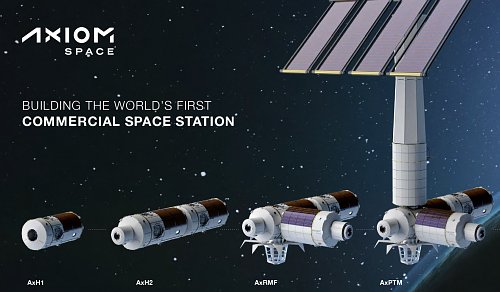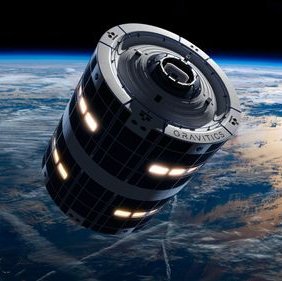Czech government signs deal with Axiom to fly astronaut
The Czech government and the American space station company Axiom have now signed an agreement to fly Czech’s ESA astronaut Aleš Svoboda on a future spaceflight.
No date for the mission has been set, nor is it clear whether it will be an orbital mission or will dock with either ISS or Axiom’s own station once launched. The release also said nothing about a launch vehicle or spacecraft for transporting Svoboda into space, though that vehicle will almost certainly be a Falcon 9 and a Dragon capsule.
The Czech government and the American space station company Axiom have now signed an agreement to fly Czech’s ESA astronaut Aleš Svoboda on a future spaceflight.
No date for the mission has been set, nor is it clear whether it will be an orbital mission or will dock with either ISS or Axiom’s own station once launched. The release also said nothing about a launch vehicle or spacecraft for transporting Svoboda into space, though that vehicle will almost certainly be a Falcon 9 and a Dragon capsule.


